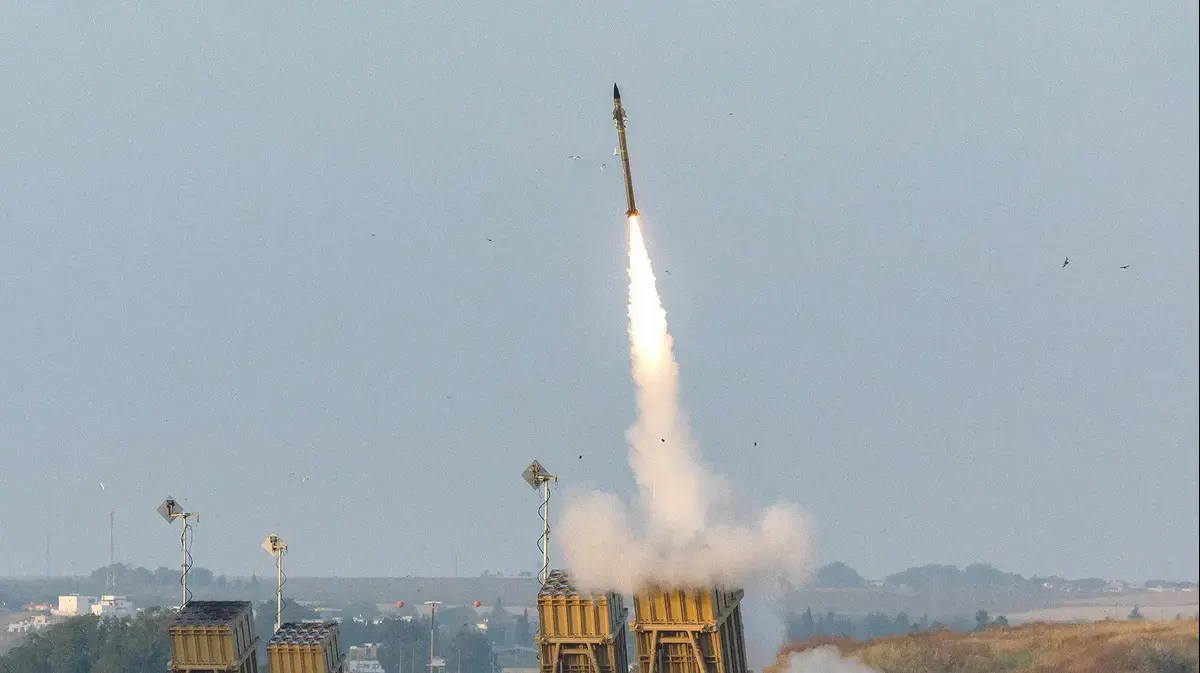Political Clash Leads to Defense Procurement Delays in Israel
Finance Minister Bezalel Smotrich's ongoing political confrontation with Defense Minister Yoav Galant has led to significant delays in defense procurement, affecting the readiness of Israel's military. Smotrich has demanded the establishment of a committee to examine the defense budget and the IDF's security concepts, causing delays in approvals and budgets for essential military equipment.
Defense officials have reported that these delays have already impacted the procurement of critical ammunition and interceptors. For instance, an order for ammunition components for the Air Force was delayed for 49 days, and the order for Iron Dome interceptors was delayed for 40 days. These delays have occurred despite the urgent needs created by ongoing conflicts.
According to security officials, the delays in essential procurement have compromised the IDF's effectiveness during wartime. They also noted that the defense establishment has conceded certain demands to prevent further delays in receiving necessary components. They expressed frustration that the issue ultimately influenced the IDF was related to pensions rather than security needs.
Smotrich's entourage countered these claims, asserting that the delays were not due to any refusal to fund war needs but rather to ensure the defense system operates transparently and effectively. They emphasized the need for a public committee to review the defense budget, especially in light of the events of October 7 and the ongoing conflict, to safeguard the economy and Israel’s security.
Disputes Over Control of Defense Budget
The controversy between Finance Minister Smotrich and Defense Minister Galant continued as senior officials accused Smotrich of politicizing Israel’s security needs. They urged him to release the delayed budgets essential for air armaments and Iron Dome interceptors, despite Smotrich's insistence on establishing a professional committee to examine defense expenditures.
The crux of the debate revolves around control and oversight of the defense budget and the IDF's structure. It's about who will have the final say on the number of brigades, types of aircraft for the Air Force, and other military resource allocations. Some argue that Smotrich's demand for an external review committee is reasonable, given the perceived failures in the defense apparatus highlighted by the October 7 incident.
Amid these debates, Israel continues to face challenges in acquiring military equipment due to an informal global arms embargo, depending significantly on the USA and domestic production. Smotrich has also delayed approving fighter jet deals from the US, further straining the defense establishment’s capabilities.
The tension has led to heated exchanges in recent cabinet meetings, with defense officials pressing for immediate budget releases to maintain military readiness amid ongoing regional threats.
- The finance minister's demand for an expert committee aims to bring greater transparency and accountability to the defense budget. His position has not only drawn criticism but also highlights the broader struggle over who controls military spending and strategy in Israel.
- Security analysts argue that while Smotrich's intentions to scrutinize military spending are valid, the method and timing during an active conflict could potentially weaken Israel's defensive stance. The broader implications of these delays raise concerns about the military's ability to respond swiftly to emerging threats.
- The ongoing debate also puts public attention on the relationships and balance of power between different branches of the Israeli government, revealing deep-seated tensions and differing priorities when it comes to national security management.
- As the situation evolves, both sides are unlikely to back down easily, suggesting that more public and behind-the-scenes clashes will ensue as they navigate these complex issues. The core question remains: how to ensure both fiscal responsibility and military efficacy in a precarious regional security landscape.






